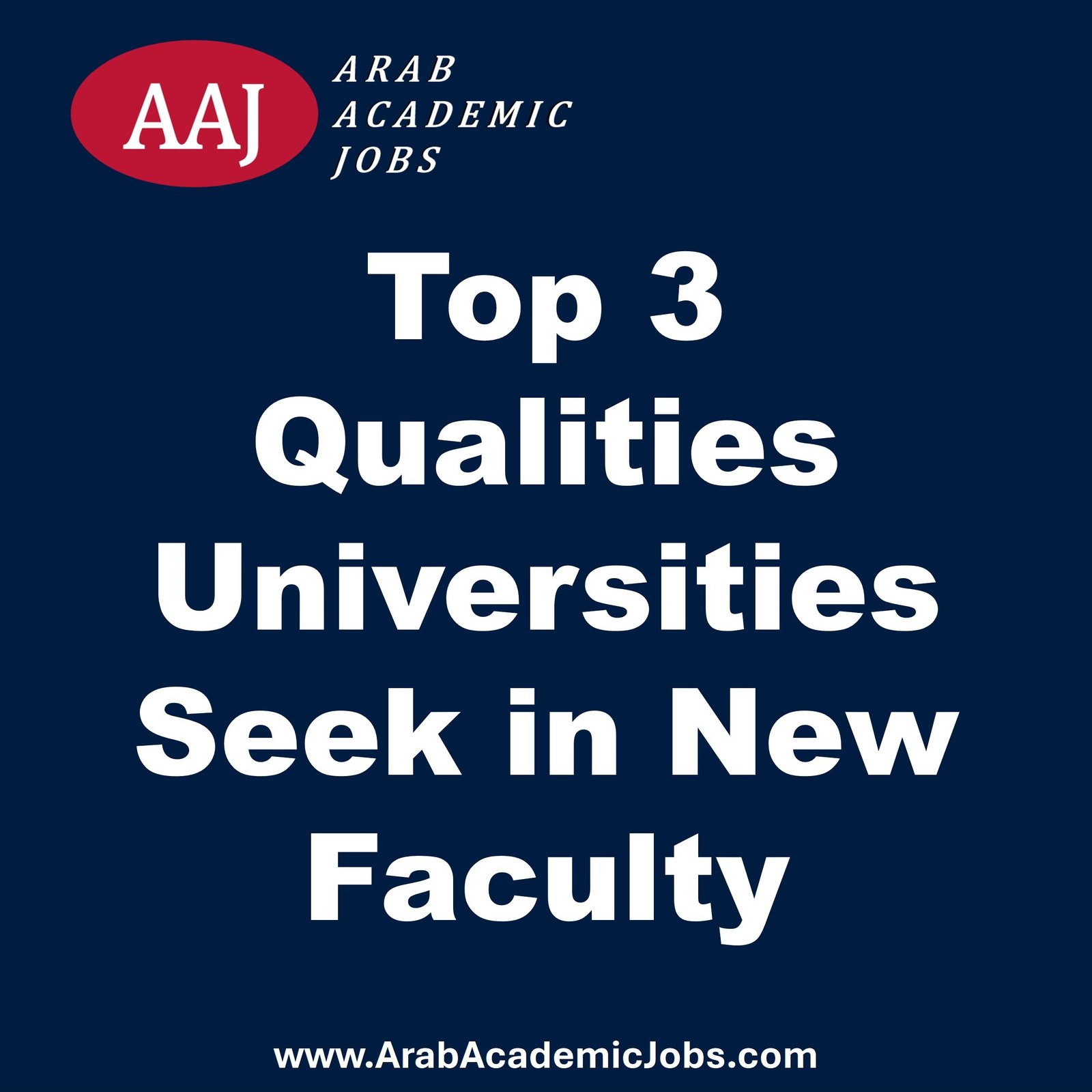

Introduction: The Changing Landscape of Academic Hiring
The academic job market has never been more competitive. With thousands of PhD graduates competing for limited tenure-track positions, universities have become increasingly selective in their hiring processes. Understanding what search committees truly value can make the difference between landing your dream academic position and facing repeated rejections.
Based on extensive conversations with hiring committees across multiple institutions, three critical qualities consistently emerge as decisive factors in academic hiring decisions. These elements represent a significant shift from traditional metrics toward more holistic evaluations of academic candidates.
1. Research with Measurable Impact: Beyond Publication Counts
Why Research Impact Matters
Universities increasingly seek academics whose research demonstrates tangible real-world influence rather than just theoretical contributions. Research excellence enhances institutional reputation, attracts significant funding, and creates opportunities for interdisciplinary collaboration.
Key Elements Search Committees Evaluate:
- High-Impact Publications: Quality over quantity matters most. Committees value publications in prestigious journals but prioritize research significance and potential impact
- Grant Acquisition Success: Demonstrated ability to secure competitive funding shows credibility and sustainability
- Real-World Applications: Research leading to patents, policy changes, or industry partnerships stands out
- Citation Metrics and Recognition: While h-index and citation counts matter, broader impact through media coverage or public engagement is increasingly valued
How to Showcase Your Research Impact
- Create a dedicated “Research Impact” section in your CV
- Quantify your achievements with specific metrics and outcomes
- Develop a compelling research narrative that connects your work to real-world problems
- Maintain an updated Google Scholar profile and professional website


2. Innovative Teaching Methods: Engaging the Next Generation
The Evolution of Teaching Expectations
Gone are the days when lecturing was sufficient. Universities now prioritize educators who can engage students through creative, technology-enhanced, and inclusive teaching methods. As online and hybrid programs continue growing, teaching innovation has become a critical differentiator.
What Hiring Committees Look For:
- Active Learning Strategies: Experience with flipped classrooms, project-based learning, and experiential education
- Technology Integration: Proficiency with digital tools, learning management systems, and emerging educational technologies
- Curriculum Development: Ability to design courses that address real-world problems and incorporate diverse perspectives
- Evidence of Teaching Effectiveness: Demonstrable results through student feedback, learning outcomes, and peer evaluations
Demonstrating Teaching Excellence
- Develop a comprehensive teaching portfolio with sample materials
- Collect and analyze student feedback and learning outcome data
- Record short teaching demonstration videos
- Highlight any teaching awards or recognition received


3. Engagement in the Academic Community: Building Bridges Beyond Your Department
The Importance of Academic Citizenship
Search committees value candidates who contribute to the broader academic ecosystem. This includes departmental service, interdisciplinary collaboration, and public engagement. Strong community involvement indicates a candidate who will enhance the institution’s reputation and culture.
Key Areas of Engagement:
- Collaboration and Leadership: Participation in interdisciplinary projects, committee work, and professional associations
- Diversity, Equity, and Inclusion Initiatives: Concrete contributions to mentoring, curriculum reform, or outreach programs
- Academic Service: Peer reviewing, conference organization, and editorial work
- Public Engagement: Science communication, community outreach, and knowledge mobilization
Showcasing Your Community Engagement
- Maintain an updated ORCID profile and professional networks
- Document your service contributions with specific examples and outcomes
- Develop a thoughtful diversity statement that reflects your values and actions
- Highlight international collaborations and global perspectives
Practical Strategies for Academic Job Seekers
Optimizing Your Application Materials
- Tailor Your Documents: Customize your cover letter, CV, and teaching statement for each position
- Keyword Optimization: Incorporate keywords from the job description to pass initial screenings
- Quantify Achievements: Use specific numbers and metrics to demonstrate impact
- Digital Presence: Ensure your professional profiles are current and consistent
Acing the Academic Interview
Prepare compelling answers for these common questions:
- “How does your research address pressing real-world challenges?”
- “Describe an innovative teaching approach you’ve implemented successfully”
- “How have you contributed to diversity and inclusion in your field?”
- “What specific collaborations would you pursue at our institution?”
Negotiation Strategies
- Research typical startup packages in your field
- Clearly articulate your needs for laboratory space, equipment, and research support
- Discuss teaching load expectations and course release opportunities
- Consider negotiation points beyond salary, including professional development funds
The Future of Academic Hiring
Emerging Trends to Watch
- Increased Focus on Interdisciplinary Research: Universities value candidates who can bridge multiple fields
- Digital Teaching Competence: Proficiency with online and hybrid teaching formats is becoming essential
- Global Perspectives: International experience and collaborations are increasingly valued
- Ethical and Professional Standards: Transparency and integrity are becoming explicit hiring criteria
Statistics to Consider
- Only 10-15% of PhD graduates secure permanent academic positions
- Candidates from prestigious institutions still have advantages in hiring networks
- Teaching-focused institutions are growing faster than research-intensive universities
- Diversity statements are now required in over 60% of academic job applications
Conclusion: Positioning Yourself for Success
The academic job market demands candidates who excel in multiple dimensions. By developing and strategically showcasing your research impact, teaching innovation, and community engagement, you can significantly improve your chances of success.
Remember that persistence and adaptability are crucial. The academic hiring process can be lengthy and challenging, but candidates who present a compelling narrative aligned with institutional values ultimately succeed.
Ready to take the next step in your academic career? Start by auditing your current qualifications against these three key areas and developing a plan to strengthen any gaps. Your dream academic position might be closer than you think!
About the Author**: This comprehensive guide synthesizes insights from hiring committees and current trends in global higher education. For more academic career advice and higher education insights, subscribe to our newsletter and follow us on social media.
Categories: Academic Careers, Higher Education, Job Search Strategies, PhD Advice
Tags: academic hiring, university jobs, faculty positions, research impact, teaching innovation, academic community, PhD careers, higher education trends
Related Posts:


